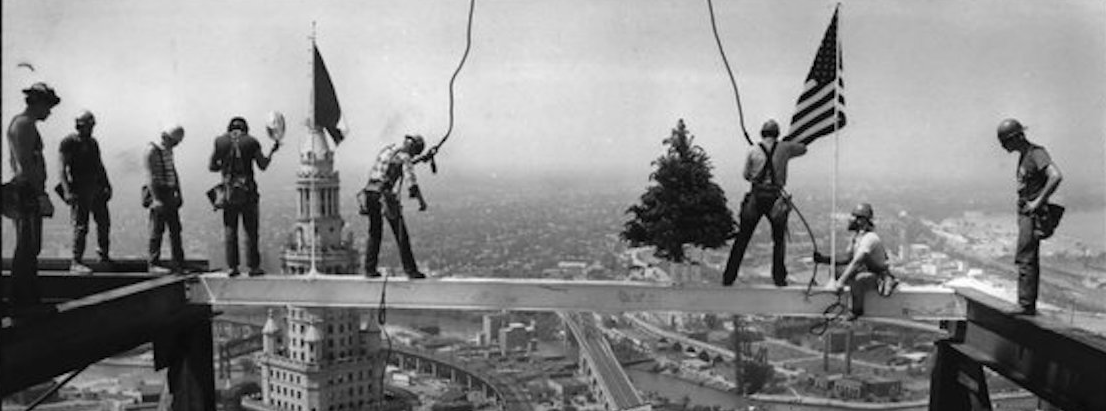PILLA’S INITIATIVE GAINS INTEREST PROTESTANTS LOOK AT `CHURCH IN THE CITY‘
Cleveland Catholic Bishop Anthony M. Pilla was elated this week to receive a Protestant invitation to broaden his closely watched “Church in the City” experiment to other faiths.
Episcopal Bishop J. Clark Grew II asked Pilla to gather with local Protestant leaders early next year to discuss how they might cooperate with the Catholic diocese’s effort to link disaffected suburbanites back to the concerns of the city.
But some local evangelical leaders voiced skepticism about Pilla’s plan and whether well-meaning religious groups might inadvertently make matters worse for the poor.
“It can’t be all us white suburbanites gratuitously alleviating our guilt by serving dinner to the homeless once a month,” warned the Rev. James J. Bzdafka, pastor of Providence Evangelical Free Church in Westlake.
Pilla agreed. “It’s got to come from a deeply felt personal commitment and a change of attitude,” he said. “You can’t just give money and let somebody else do it. One notion we apply in this is nobody is so poor he can’t contribute and nobody is so rich he can’t benefit.”
Pilla sees real benefit in Grew’s invitation.
“I didn’t want to be presumptuous and say I was the convener,” the Catholic prelate said, noting that partnerships are difficult for the Catholic Church to forge here when it is perceived as the biggest kid on the block. Roughly 30 percent of the residents of northeastern Ohio are Roman Catholic.
The Rev. Marvin A. McMickle, pastor of Antioch Baptist Church in Cleveland, said he would be at the table.
“The question really is, friends, how broad and diverse a community do we want Greater Cleveland to be and how hard are we prepared to work for it,” McMickle told about 100 listeners yesterday at the Women’s City Club of Cleveland.
The club luncheon marked Pilla’s third public presentation of his “Church in the City” initiative in the last week. Pilla was particularly encouraged by the Catholic congregations surmounting class, race and geographic barriers to work and worship together, such as St. Catherine at E. 93rd St. in Cleveland and St. Basil in Brecksville.
Today, Pilla delivers the fourth description of such alliances to a Harvard Business School gathering at the Union Club.
“It’s foolish to think that we can have a thriving region and a declining urban core,” Pilla said.
Three years ago, Pilla pointed out that the expansion of U.S. 422 from Solon into Geauga County created a virtual pipeline for out-migration from Cleveland and the eastern suburbs. He never argued that the expansion in itself was wrong but questioned why its $65 million cost was not matched by an equal redevelopment effort in the city.
The Rev. Kenneth W. Chalker, pastor of First United Methodist Church in Cleveland, has similar problems with the extreme isolation of suburbanites from city people.
“The professional financial portfolio manager, for instance, can drive in from her upscale home in Hudson, into the city, directly to the parking garage under the building in which her office is found, spend the day caring for all needs from lunch to exercise and never see the resident population,” Chalker told the Women’s City Club forum.
Later, when asked about his Westlake parsonage, Chalker said he was not completely comfortable living so far from his downtown ministry.
“There are real problems in the city,” Pilla acknowledged in an interview afterward. “People have gone to the suburbs for legitimate reasons. I couldn’t expect somebody to sacrifice the well-being of their children or their elderly parents. We must work to make the cities more livable.”
The bishop’s effort comes amid a national debate on the effectiveness of American social welfare systems and the conservative argument that careless charity breeds dependency.
Bzdafka’s nondenominational church is one of the fastest-growing Christian churches in the region. He said his 4-year-old Westlake congregation struggles with its duty to the poor.
“Our congregation has a heart for the inner city and helping the poor, but we want to do it responsibly,” Bzdafka said. “… We are struggling with what it means to be Christian and what to do that doesn’t complicate the problems by our being involved.”
McMickle and Pilla agreed. McMickle said an occasional tour of duty in a soup kitchen doesn’t cut it for “a guilty black suburbanite,” either.
“With social justice issues, sometimes I think we evangelicals have really missed the boat,” Bzdafka said.
